In recent years, Australia has seen a burgeoning interest in sustainable fashion, driven by an increased awareness of environmental issues and a shift in consumer preferences towards more ethical and eco-friendly products. This trend is not only reshaping the fashion industry but also influencing real estate markets, as sustainable brands seek innovative spaces that align with their green ethos. As a real estate expert, understanding the dynamics of this emerging sector can offer valuable insights into potential investment opportunities and market shifts. This article delves into the rise of sustainable fashion brands in Australia, examining the driving forces, regulatory environment, and potential impact on real estate.
The Rise of Sustainable Fashion in Australia
Australia's fashion industry is undergoing a transformation as sustainable brands gain traction. This shift is fueled by consumer demand for transparency and accountability in the production processes. According to the Australian Bureau of Statistics (ABS), there has been a 15% increase in consumer spending on sustainable products over the past two years. This trend is supported by the country's commitment to reducing carbon emissions and promoting sustainable practices across various sectors.
Key Drivers of Sustainable Fashion
- Consumer Awareness: Australian consumers are becoming more conscious of their environmental footprint, opting for brands that prioritize ethical sourcing and production.
- Government Initiatives: Policies like the National Waste Policy Action Plan encourage recycling and sustainable practices, influencing fashion brands to adopt eco-friendly measures.
- Technological Advancements: Innovations in fabric technology, such as biodegradable materials and digital manufacturing, are enabling brands to minimize waste.
Impact on the Real Estate Market
The rise of sustainable fashion brands is impacting the real estate sector in several ways. As these businesses seek spaces that reflect their values, there is an increasing demand for green buildings and eco-friendly retail spaces. The Green Building Council of Australia reports that green buildings can reduce operating costs by up to 30%, making them an attractive option for sustainable brands looking to align their physical locations with their environmental ethos.
Case Study: Sustainable Fashion Brand - Outland Denim
Outland Denim, an Australian sustainable fashion brand, provides a compelling case study of how sustainable practices can be successfully implemented. The company focuses on ethically sourced materials and provides employment opportunities for vulnerable communities. As a result, they have seen a significant increase in brand loyalty and consumer support.
- Problem: Outland Denim faced challenges in finding retail spaces that aligned with their sustainability goals.
- Action: They partnered with green building initiatives to open stores in eco-friendly locations, thereby reducing their carbon footprint.
- Result: The brand reported a 25% increase in sales and enhanced consumer engagement, demonstrating the financial viability of sustainability-focused retail strategies.
- Takeaway: This case highlights the importance of aligning retail space with brand values, offering insights for real estate investments in sustainable properties.
Regulatory Landscape and Industry Challenges
The regulatory environment plays a crucial role in the growth of sustainable fashion in Australia. The Australian Competition & Consumer Commission (ACCC) has been actively monitoring and regulating claims of sustainability to prevent greenwashing, ensuring that brands make genuine efforts to reduce their environmental impact. This regulatory oversight increases consumer trust and encourages more brands to adopt sustainable practices.
Pros and Cons of Sustainable Fashion Investments
Pros:
- Increased consumer demand for sustainable products.
- Potential for cost savings through reduced energy consumption and waste.
- Enhanced brand reputation and customer loyalty.
Cons:
- Higher initial investment costs for sustainable materials and processes.
- Navigating complex regulatory requirements.
- Potential for supply chain disruptions due to sourcing challenges.
Future Trends and Predictions
Looking ahead, the sustainable fashion industry in Australia is poised for growth. The Commonwealth Scientific and Industrial Research Organisation (CSIRO) predicts that by 2030, sustainable fashion could comprise up to 30% of the Australian fashion market. This growth will likely spur further innovation in sustainable materials and technologies, as well as increased collaboration between fashion brands and real estate developers to create eco-friendly retail environments.
Conclusion
The emergence of sustainable fashion brands in Australia represents a significant shift in consumer preferences and industry practices. For real estate experts, this trend offers opportunities to invest in and develop properties that cater to the growing demand for green spaces. By understanding the drivers, challenges, and future potential of sustainable fashion, industry professionals can better navigate the evolving market landscape and capitalize on this burgeoning sector.
People Also Ask
- How does sustainable fashion impact businesses in Australia? Sustainable fashion drives consumer engagement and loyalty, leading to increased sales and brand reputation.
- What are the biggest misconceptions about sustainable fashion? A common myth is that sustainable fashion is not profitable, but many brands report higher sales and customer retention.
- What are the best strategies for implementing sustainable fashion? Brands should focus on transparent sourcing, eco-friendly materials, and aligning with sustainability policies.
Related Search Queries
- Sustainable fashion brands Australia
- Eco-friendly retail spaces
- Green building impact on real estate
- Australian fashion industry trends
- Sustainable materials in fashion
- ACCC regulations on greenwashing
- Future of sustainable fashion in Australia
- Investment in eco-friendly properties





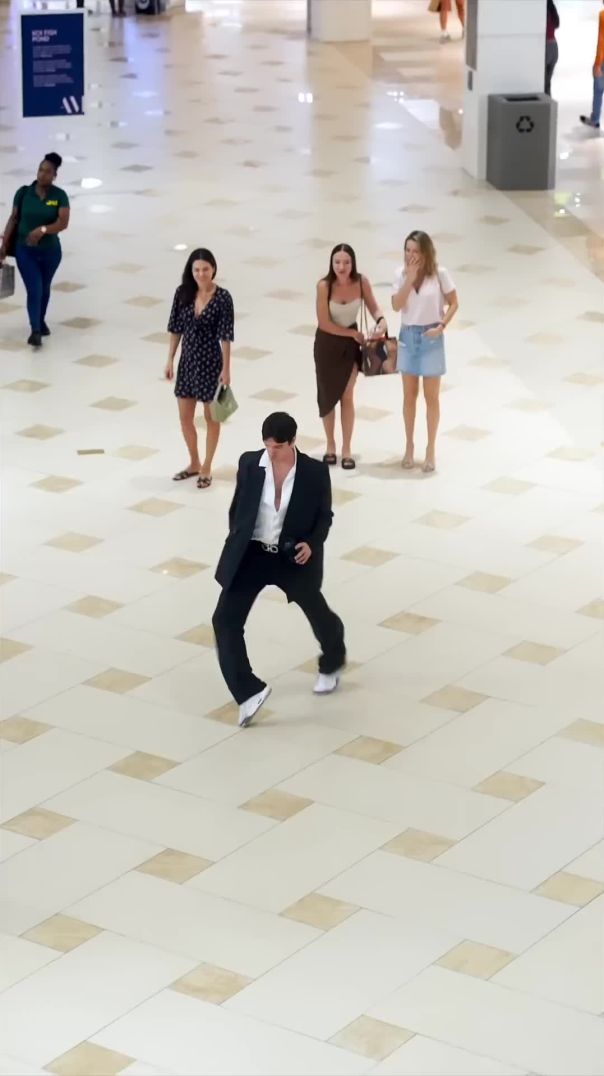



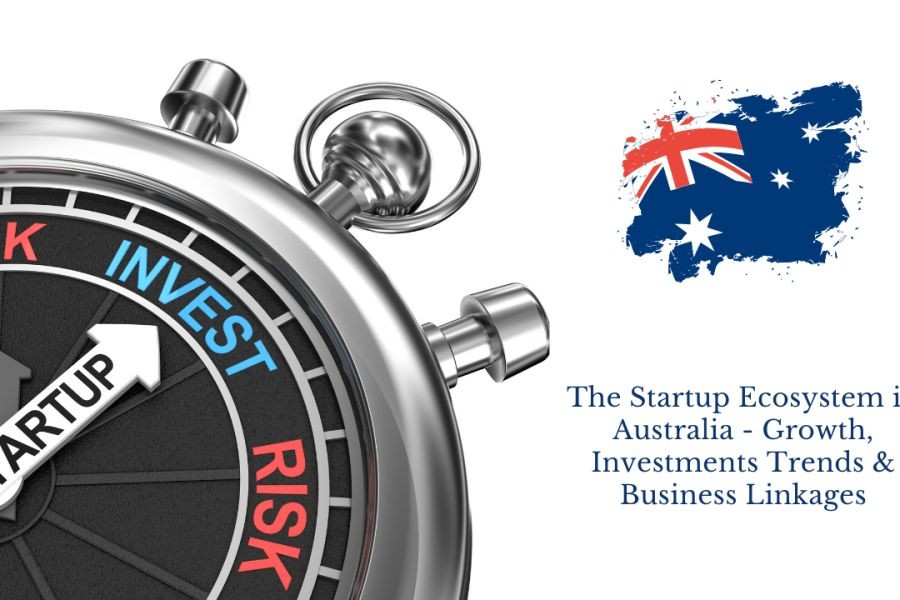


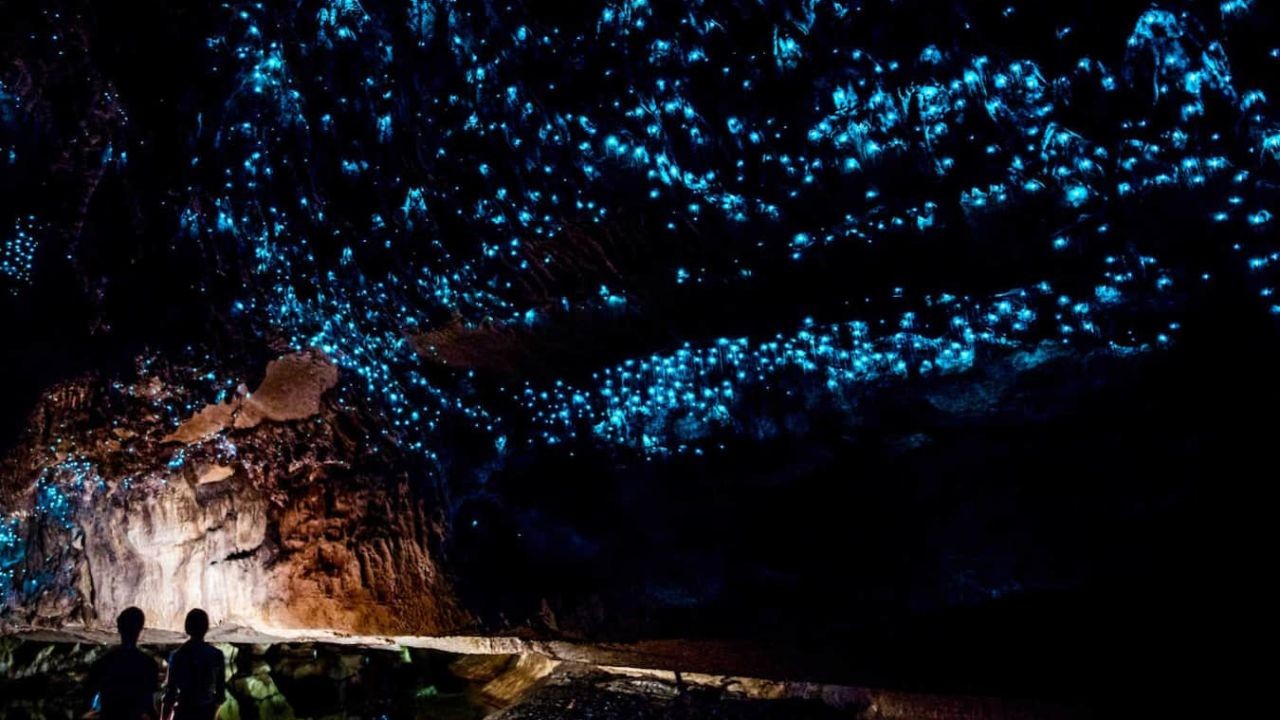
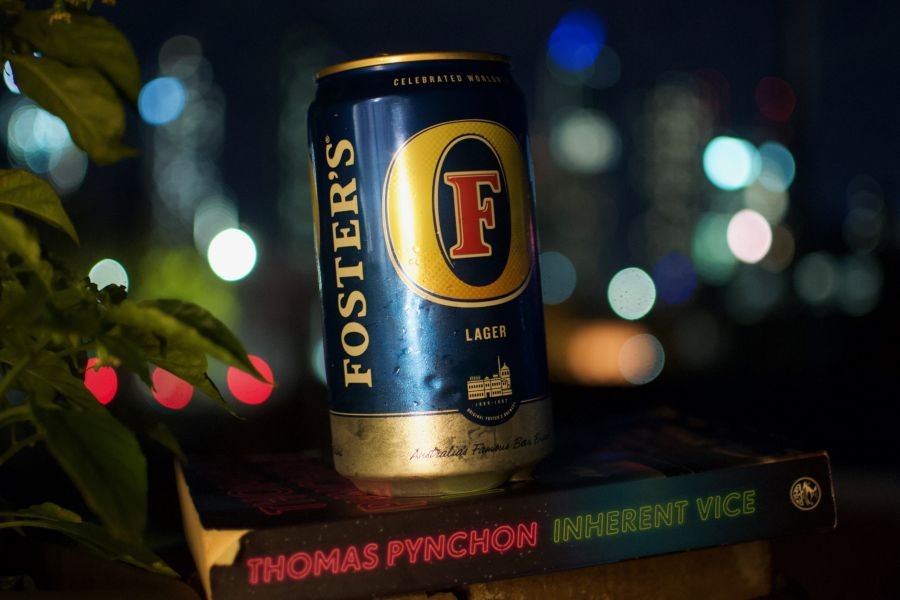

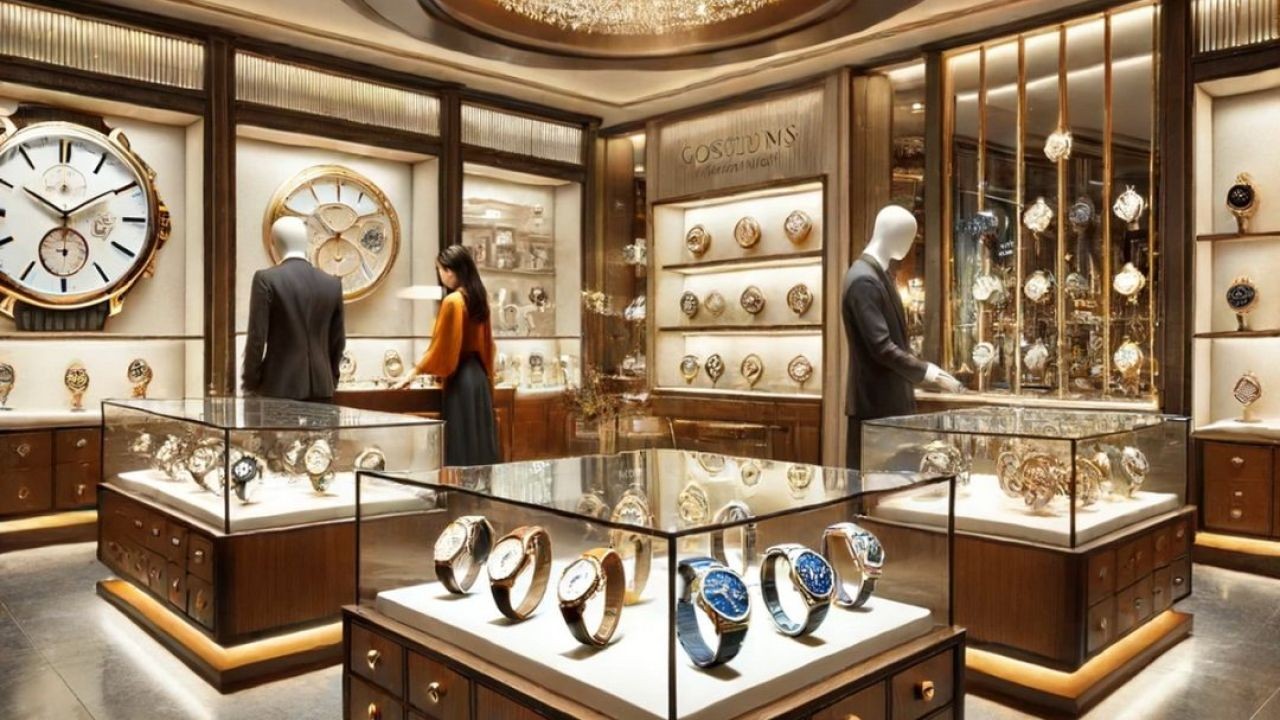



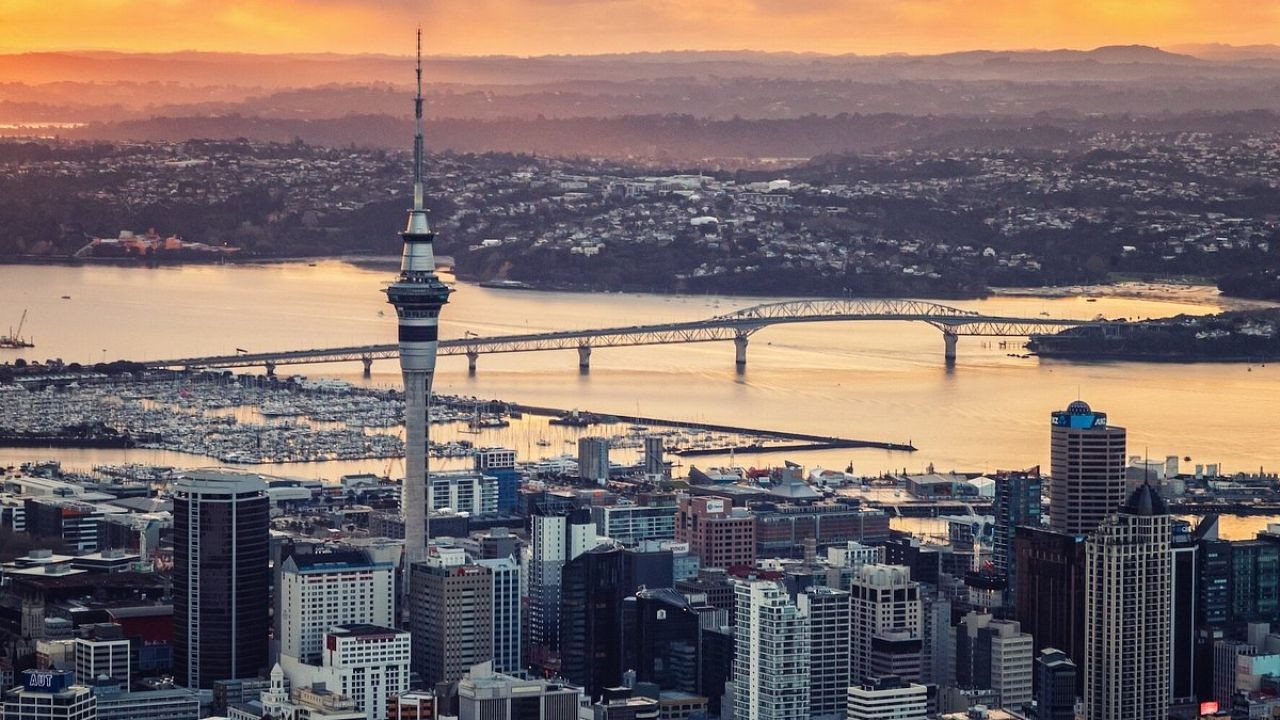
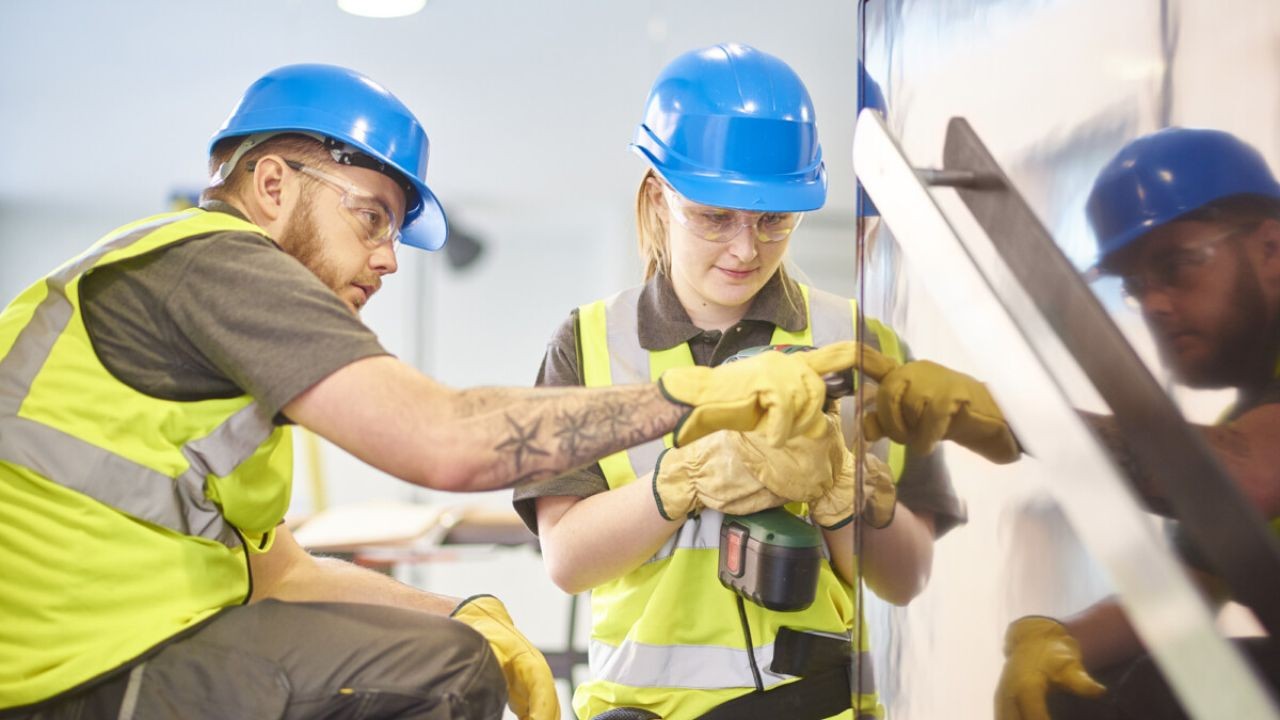


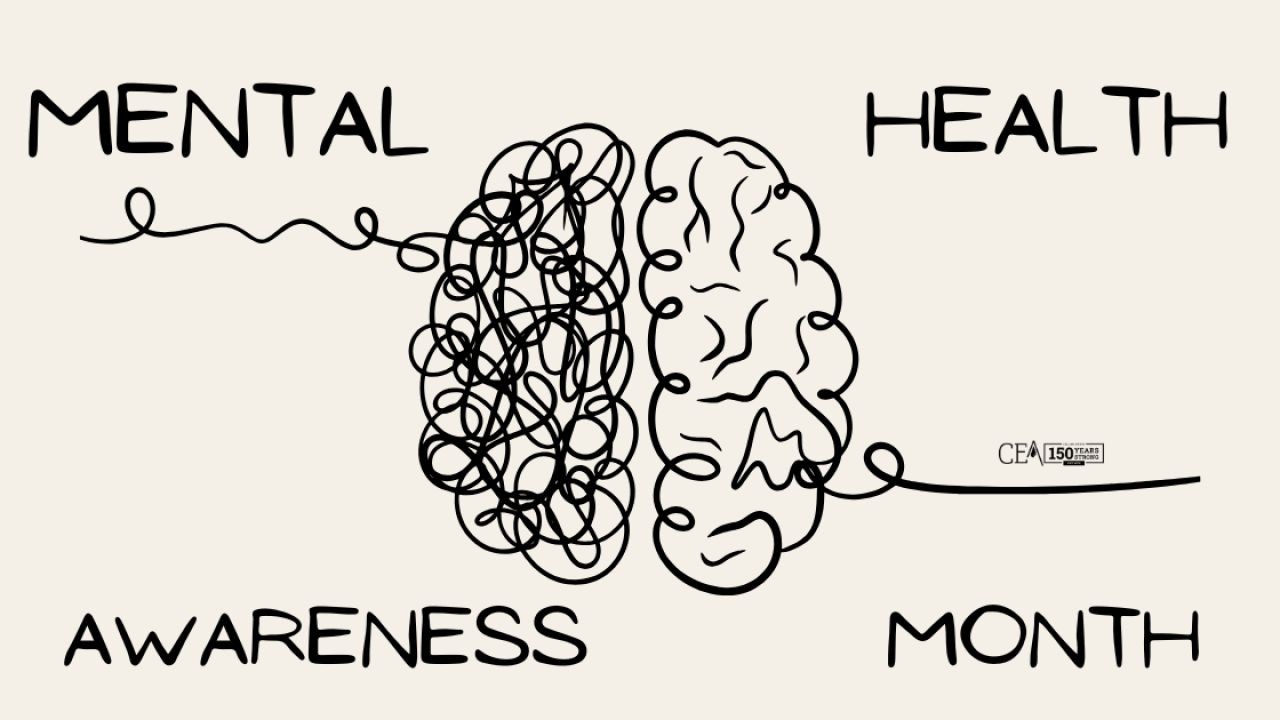








HayleyFell
10 months ago